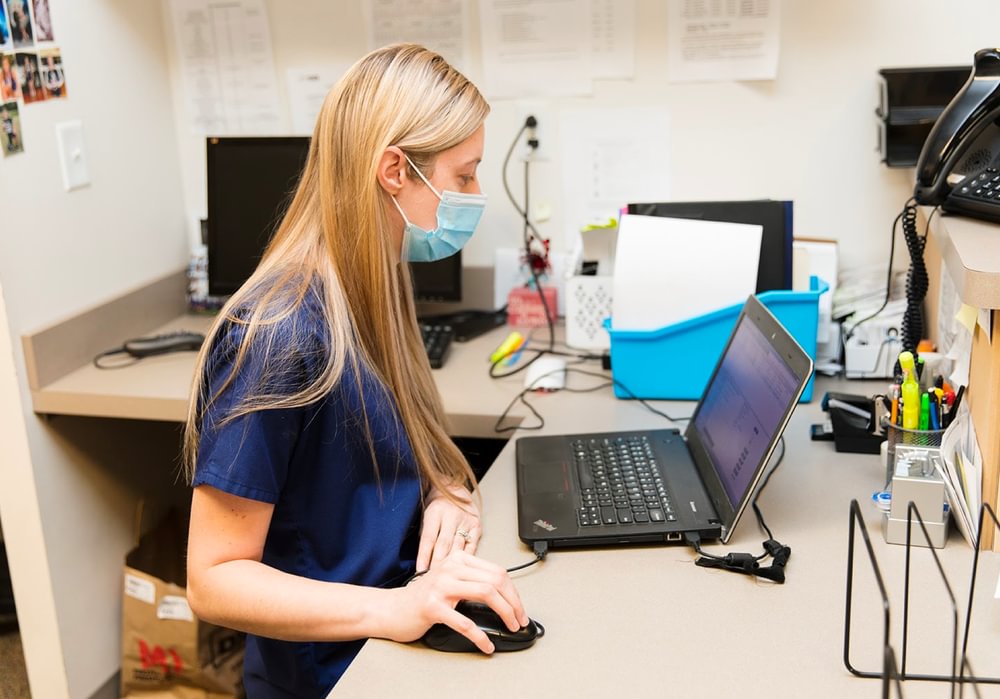
Frequently asked questions
Orthopedics or orthopaedics is the medical specialty concerned with preserving, restoring, and developing the musculoskeletal system, or bones, joints, ligaments, nerves, and tendons. Orthopedic medical treatment typically involves nonsurgical and surgical methods, improving the form and function of the neck, back, spine, shoulder, elbow, arm, hand, wrist, hip, knee, foot, or ankle.
UOC offer the following orthopedic services:
- Physical and Occupational Therapy
- Radiology
- Open MRI
- Bracing
- Outpatient Surgery
- Telehealth
- Urgent Ortho Care
- Worker's Compensation
- Clinical Research
Being certified by the American Board of Orthopaedic Surgery (ABOS) or the American Osteopathic Board of Orthopaedic Surgery (AOBOS) means that the orthopedic surgeon has met the specified educational, evaluation, and examination requirements of the Board.
The board certification process includes the following components:
Education: Orthopedic surgeons must have graduated from an accredited medical school and have passed all examinations necessary to receive an unrestricted medical license. Additionally, they must have satisfactorily completed five years of graduate orthopedic surgery education in an accredited orthopedic surgery residency program in the United States or Canada. The residency training must include experience with all age groups in operative and non-operative treatment of musculoskeletal injuries, diseases, fractures, deformities, and other injuries in the spine, hand, foot and ankle, and elbow and shoulder. In addition, their training must also have included experience with arthroscopy, rehabilitation, and treating benign and malignant tumors of bone, joints, and muscles.
Examinations: After completing orthopedic surgery residency education, a doctor must meet the following criteria to become certified by the ABOS or AOBOS:
- Licensed to practice medicine in the United States, its territories, government service, or Canada.
- Pass the Part I examination, a written examination about the material taught during the residency training.
- Accomplished 22 months of operative orthopedic surgery after completing graduate education.
- Demonstrated professional proficiency and ethical practice based on recommendations from physicians familiar with his or her practice.
- Pass the Part II examination, an oral exam based on operative cases
It is your choice where you perform your physical therapy. However, for your convenience, UOC has physical therapy offices located at our State College and Altoona offices. When you continue your recovery journey with UOC's physical therapy team, you have the benefit of completing your physical therapy in the same location as your physician. Our expert physical therapists and occupational therapists work closely with your physician, working together to provide you the best treatment plan.